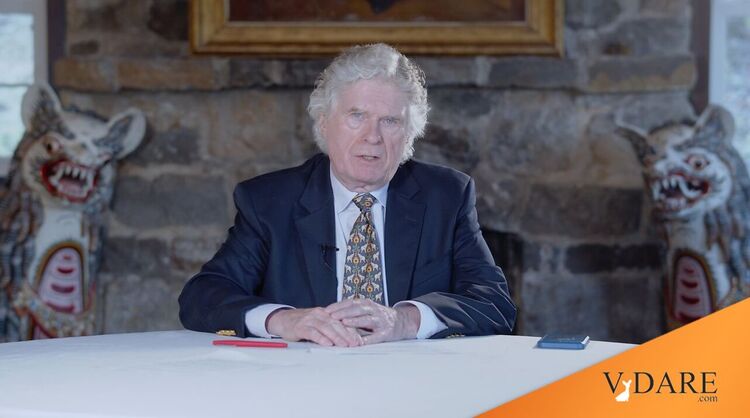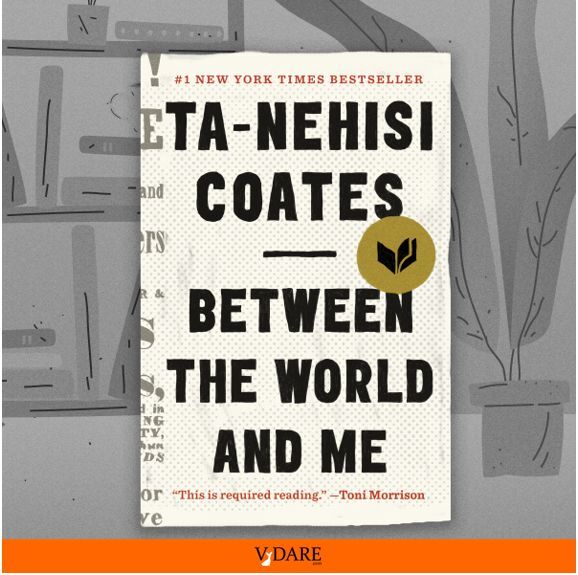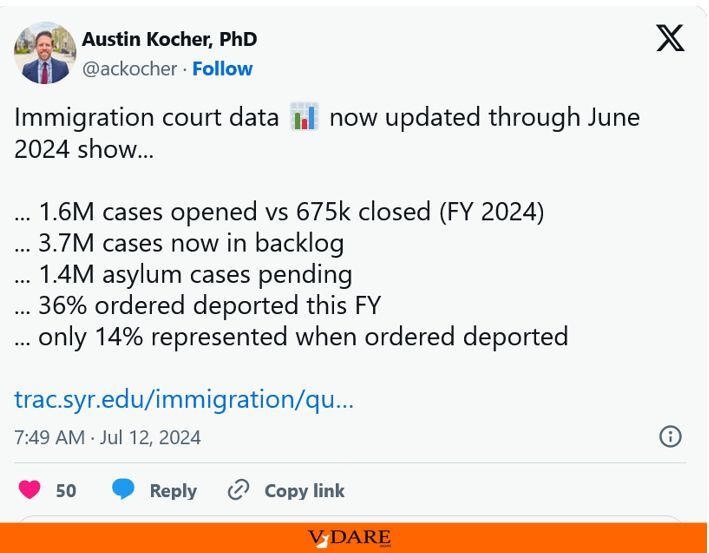From the NYT:
Loss of Fertile Land Fuels ‘Looming Crisis’ Across AfricaOne reason Kenya isn’t Zimbabwe is because it has only slowly squeezed out its white population. Maria Dodds, for instance, is white.Climate change, soil degradation and rising wealth are shrinking the amount of usable land in Africa. But the number of people who need it is rising fast.
By JEFFREY GETTLEMAN
LAIKIPIA, Kenya — The two elders, wearing weather-beaten cowboy hats with the strings cinched under their chins, stood at the edge of an empty farm, covering their mouths in disbelief.
Their homes — neat wooden cabins — had been smashed open. All their cattle had been stolen. So had their chickens. House after house stood vacant, without another soul around. It was as if some huge force had barreled into the village and swept away all the life.
Sioyia Lesinko Lekisio, one of the elders, had no doubts who did this. Swarms of herders from another county had invaded, attacking any farm or cattle ranch in their path, big or small, stealing livestock, ransacking homes and shooting people with high-powered assault rifles.
“There’s nothing we can do about it,” he said. “They want our land.”
Kenya has a land problem. Africa itself has a land problem. The continent seems so vast and the land so open. The awesome sense of space is an inextricable part of the beauty here — the unadulterated vistas, the endless land. But in a way, that is an illusion.
Population swells, climate change, soil degradation, erosion, poaching, global food prices and even the benefits of affluence are exerting incredible pressure on African land. They are fueling conflicts across the continent, from Nigeria in the west to Kenya in the east — including here in Laikipia, a wildlife haven and one of Kenya’s most beautiful areas.
Large groups of people are on the move, desperate for usable land. Data from NASA satellites reveals an overwhelming degradation of agricultural land throughout Africa, with one recent study showing that more than 40 million Africans are trying to survive off land whose agricultural potential is declining.
At the same time, high birthrates and lengthening life spans mean that by the end of this century, there could be as many as four billion people on the continent, about 10 times the population 40 years ago.
It is a two-headed problem, scientists and activists say, and it could be one of the gravest challenges Africa faces: The quality of farmland in many areas is getting worse, and the number of people squeezed onto that land is rising fast.
… But this past year has been different. Waves of young pastoralists from neighboring counties, moving in groups armed with AK-47 assault rifles, have invaded dozens of farms and ranches, bringing tens of thousands of skinny, ragged cows from drought-stricken areas.
Maria Dodds described an all-out assault on her family’s cattle ranch in January and February.
Whites in a Black CountryAfrica has a lot of land, but Africans largely are not experienced at using it efficiently.… On social media and in popular gathering spots, when some Kenyans talk about the crisis, one word keeps coming up: “mzungu,” which means “foreigner” or, more commonly, “white man.”
Some Kenyans see Laikipia’s land problems as a black-white issue because most of the biggest ranches and wildlife conservancies are owned by a handful of families of European descent. Kenyans have complained about the size of the white-owned farms, saying many were stolen or unfairly acquired from Africans during colonial times. Some people in Kenya, black and white, are now making comparisons to Zimbabwe, where the government seized land from wealthy whites and redistributed it, often to well-connected elites. In many cases, the farms were run into the ground.
Trespassing pastoralists in Laikipia, who were brazenly grazing their herds on others’ land, said they weren’t necessarily targeting whites. Instead, they said they simply needed grass to keep their herds alive, because their own areas had already dried up.
“We know taking another man’s land is like taking his wife,” said Parashuno Lekadero, a herder who stood on a farm in Laikipia that he had recently invaded. There were no police officers for miles, and he spoke confidently and openly, knowing he had little chance of getting in trouble.
“There’s a drought,” he said. “We have many animals. We need the land.”
Much of eastern Africa is in the grip of an intense drought, with pasturelands drying up, and the white-owned properties in Laikipia tend to have the best grass. This is because the white farmers are relatively wealthy and have invested in their properties, building dams, creating watering holes, pumping from springs and caring for their paddocks. All that keeps the pastures healthy, attracting the invaders.
In the movie Detroit, the prologue begins by noting that that the Great Migration from the southern United States to northern cities consisted of six million people.
And look at what it did to Detroit …
How big is the Greatest Migration out of Africa going to be?
Six hundred million people?
What will it do to Europe?











